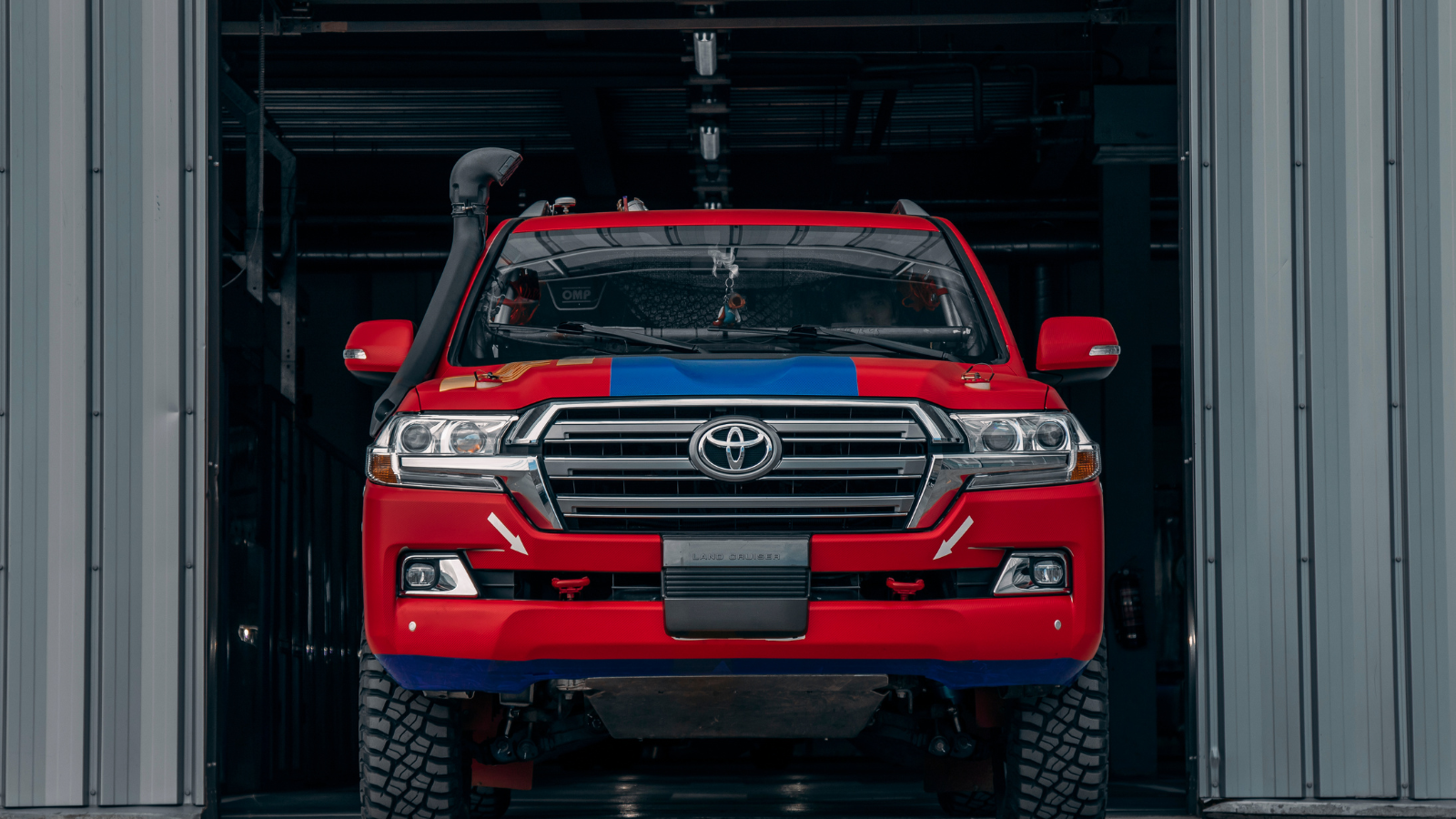UAW's Ultimatum: More Strikes Loom Over Auto Giants
The United Auto Workers (UAW) union has threatened to initiate more strikes at General Motors, Ford, and Stellantis plants if substantial progress is not made in negotiations by noon ET on Friday, according to UAW President Shawn Fain. This announcement comes shortly after the union initiated targeted strikes at assembly plants for the Big Three Detroit automakers, affecting approximately 12,700 workers. Fain emphasized that autoworkers have been patient and are no longer willing to wait for progress in negotiations. Unlike the original contract deadlines, Fain did not specify that tentative agreements must be reached to avoid additional strikes; he only mentioned "serious progress" without providing further clarification.
Currently, the strike impacts workers at GM's midsize truck and full-size van plant in Wentzville, Missouri; Ford's Ranger midsize pickup and Bronco SUV plant in Wayne, Michigan; and Stellantis' Jeep Wrangler and Gladiator plant in Toledo, Ohio. The union has named these work stoppages "stand-up strikes," a reference to the historic "sit-down" strikes of the 1930s. The approach involves selective strikes at key plants, which can disrupt production at other facilities due to parts shortages. Despite automakers offering record deals, including approximately 20% hourly wage increases and various bonuses, the union's key demands, such as 40% hourly pay increases, a reduced workweek, traditional pensions, and the elimination of compensation tiers, remain unmet.
Automotive supplier BorgWarner anticipates a relatively modest impact from the United Auto Workers (UAW) strikes at present.
The growing need to modernize truck yards in line with warehouse and transport digitalization is fueling the adoption of established supply chain technologies to enhance asset tracking, allocation, and optimization within these yards.
A think tank, the Information Technology and Innovation Foundation, has called on policymakers to support the adoption and innovation of robotics in warehouses to enhance labor productivity, worker safety, delivery times, and supply chain resiliency.
Carriers and industry stakeholders have been actively involved in advancing autonomous technology, despite ongoing regulatory challenges and the need for further testing.
A global study conducted by Valoir reveals that automation, driven by artificial intelligence (AI), is increasingly impacting various job roles.
Platooning technology is becoming a cost-effective solution for autonomous trucking, allowing entry into the market without requiring the purchase of new trucks, says Kratos.
As the second largest economy in Southeast Asia, Thailand has established itself as a major automotive hub, with companies like Sony and Sharp setting up operations in the country.
This statement was made by BYD, a well-known Chinese electric car and battery company.
Meant to be spread out over five years, the plan to invest nearly $200 billion in the electrification transition comes on the heels of a 13% increase in operating profit year-over-year.
In January, GM CEO Mary Barra told analysts that the company wasn’t planning for any layoffs. Seems that things have quickly changed!
These results are somewhat surprising, considering many of those same individuals are interested in the technology that powers those systems.
Regulators have been”slow to act” in response of publically documented and criticized defects with Tesla’s Full Self-Driving (FSD) beta software.
According to Consumer Reports Top 10 Picks for cars, these automakers are at the top of the list for consumers.
EV supply chains are complex, with many components sourced from a range of suppliers around the world.
Long-awaited shipments of the F-150 Lightning have been halted abruptly as a potential problem with the vehicle’s battery pack has been identified.
While it's important to note that while automation can help improve the efficiency and quality of the supply chain, it's only one part of the solution.
The U.S. government has adjusted rules for EV tax credits, allowing for versions of the small SUVs to be eligible.
General Motors executives are stating that the company will be unable significantly increase its EV production until its US battery cell production plants are finished construction.
General Motors is investing a whopping $650M into Canada-based Lithium Americas and creating a partnership to develop the Thacker Pass mine in Nevada.
Toyota has been slow to develop and bring electric vehicles to market, compared to other major automakers.
Virginia Governor Glenn Youngkin is speaking out after withdrawing his state from consideration for the highly-anticipated electric-vehicle battery plant as a joint venture between Ford Motor Co. and Contemporary Amperex Technology Co. Ltd. (CATL).
Why throw blueprints away, right? Chief Executive Akio Toyoda spoke of the company’s accelerated plan to meet sustainable vehicle goals by replacing the innards of vehicles already being manufactured in their factories.
With fifty judges from the United States and Canada’s auto journalism sector, the finalists were chosen due to innovation, design, safety, handling, driver satisfaction, user experience, and value.
With massive investments in electric vehicle manufacturing, china is leading the globe in its race to electrify the streets.
While both automakers had double-digit increases in Q4 American sales, GM’s grew by 3% and rounded out at a solid 2.3 million units sold.
The current food supply chain is often cited as wasteful and unsustainable - and commonly is cited as the culprit for climate issues by environmentalists.
Approximately $33 billion was pledged for new factory development in the automotive sector in the first eleven months of 2022, according to the Wall Street Journal.
The threats of incoming shortages are still prevalent, even after Toyota Motor Corp.’s announcement.
With inflation and high-interest rates crippling bank accounts across the nation, the electric vehicles business is expecting continued business issues into 2023.































The recent woes faced by America's leading automakers - Ford, General Motors, and Stellantis - have gone largely unnoticed amidst their impressive profits.